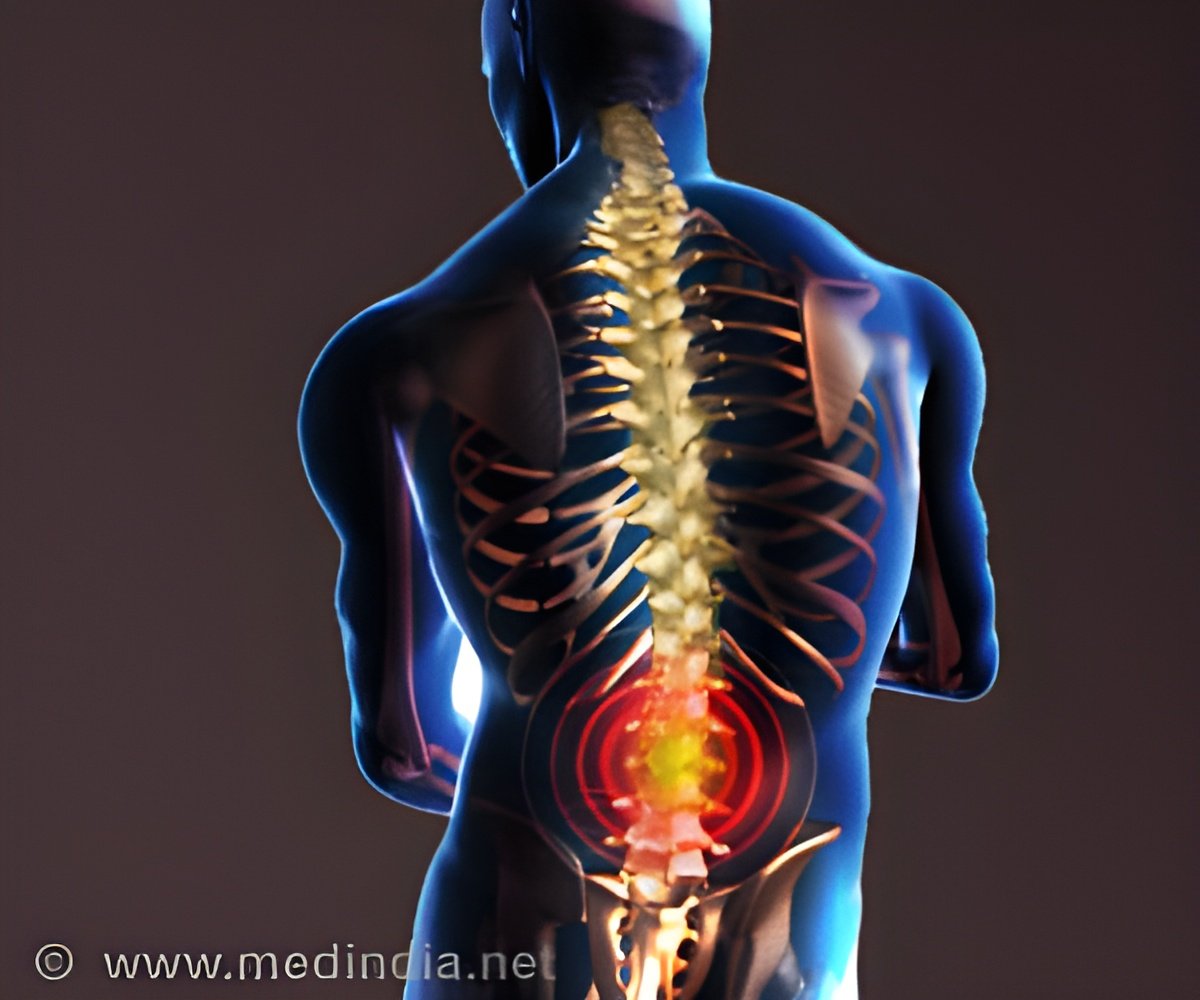Non-steroidal anti-inflammatory drugs such as aspirin and ibuprofen have been known to inhibit or kill an enzyme known as cyclooxygenase, linked with causing a number of ailments including headaches, arthritis and menstrual cramps. Now a new study conducted by researchers at University of California, San Diego School of Medicine and published in PNAS has found that aspirin has a second benefit as well as it forces cyclooxygenase to generate another compound that leads to a quick end to inflammation, thereby returning the affected cells to homeostatic health.
"Aspirin causes the cyclooxygenase to make a small amount of a related product called 15-HETE," said senior author Edward A. Dennis, PhD, Distinguished Professor of Pharmacology, Chemistry and Biochemistry. "During infection and inflammation, the 15-HETE can be converted by a second enzyme into lipoxin, which is known to help reverse inflammation and cause its resolution – a good thing."
Specifically, Dennis and colleagues looked at the function of a type of white blood cells called macrophages, a major player in the body's immune response to injury and infection. They found that macrophages contain the biochemical tools to not just initiate inflammation, a natural part of the immune response, but also to promote recovery from inflammation by releasing 15-HETE and converting it into lipoxin as the inflammation progresses.
Dennis said the findings may open new possibilities for anti-inflammatory therapies by developing new drugs based on analogues of lipoxin and other related molecules that promote resolution of inflammation. "If we can find ways to promote more resolution of inflammation, we can promote health," he said.
Source-Eurekalert










